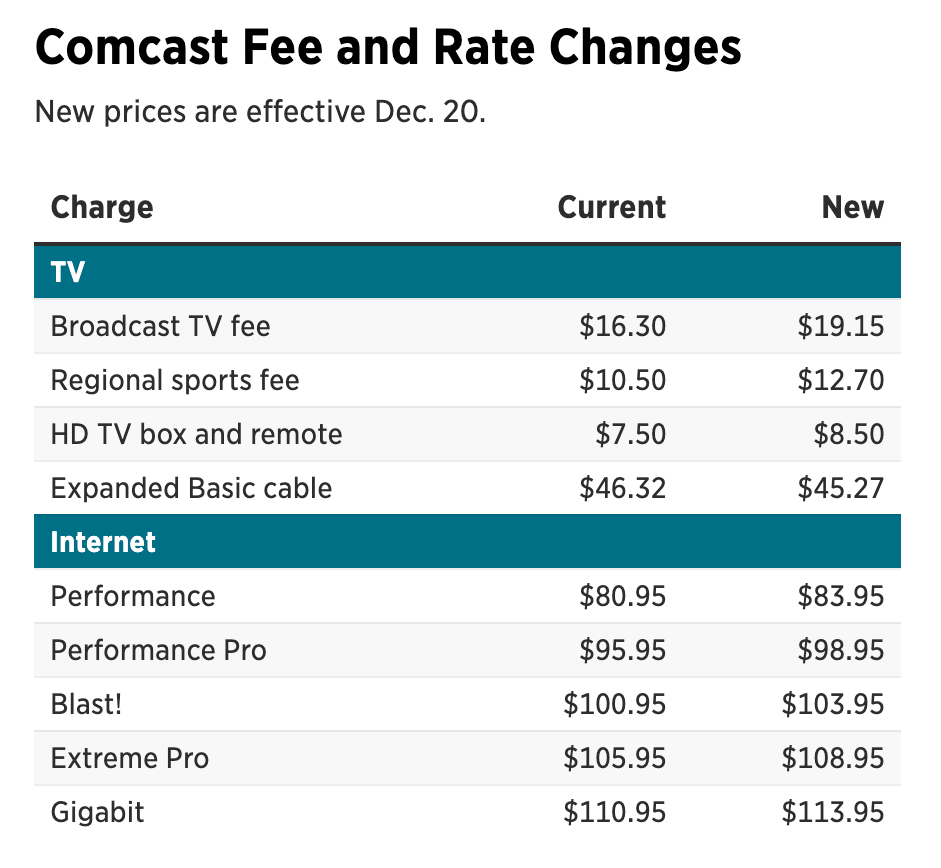Securing Multi-Dwelling Unit Internet Data Flow Through Strong Cryptographic Protocols for Protect User Confidentiality as well as Data Accuracy
Securing Multi-Dwelling Unit Internet Data Flow Through Strong Cryptographic Protocols for Protect User Confidentiality as well as Data Accuracy
Blog Article
Within the current online world, protecting web traffic is increasingly crucial than ever, particularly in Multi-Unit Units (MDUs) such as apartment buildings and condo environments. Such environments often have numerous tenants sharing the identical internet service, which can lead to possible security risks. To guarantee that users' privacy and information integrity are protected, it is vital to implement strong encryption standards. Encryption is a technique that scrambles information, making it inaccessible to anyone who do not have the appropriate key to decrypt it. This process aids maintain personal information secure from hackers and unapproved users.
One of the widely commonly used coding standards is Secure Sockets Layer (SSL) and its successor, Transport Security (TLS). Such protocols create a protected connection between a user’s system and the web, ensuring that all information exchanged remains private. When tenants in an MDU access websites that employ SSL/TLS, their private data, including passwords and credit billing details, is secured. This implies that even when someone tries to intercept the information, they would merely see a jumble of characters and numbers, rendering it almost impossible to understand. By promoting the use of these protocols, MDUs can greatly improve the security of their residents' internet activities.
A further crucial encryption method is Virtual Secure Tunnel (VPN) technology. A VPN establishes a protected pathway for internet traffic, which safeguards individuals from prying observers, particularly when using public Wi-Fi networks. In an MDU, in which numerous tenants may link to the same network, using a VPN can help ensure that personal internet actions stay private. This is particularly crucial for activities such as online transactions or accessing sensitive information. By promoting the use of VPNs among tenants, MDUs can cultivate a more secure internet space and assist safeguard against data breaches.
Alongside such coding methods, it is vital for MDUs to educate their tenants about the significance of cybersecurity. Many read the article individuals may not be conscious of the risks associated with utilizing common web connections. Providing resources on how to identify phishing attempts, the necessity of robust passwords, and the benefits of employing secure websites can enable tenants to take control of their internet security. Seminars or informational sessions can be beneficial ways to raise awareness and promote optimal practices for internet safety.
Finally, MDUs should consider collaborating with web service companies (ISPs) that emphasize security and provide advanced encryption features. By collaborating with ISPs that implement robust coding protocols, MDUs can guarantee that their tenants have access to protected web services. This collaboration can result to improved overall safety for the entire complex, as well as enhanced trust among tenants. By taking these steps, MDUs can establish a safer online space, protecting resident confidentiality and data security in an ever more interconnected environment.